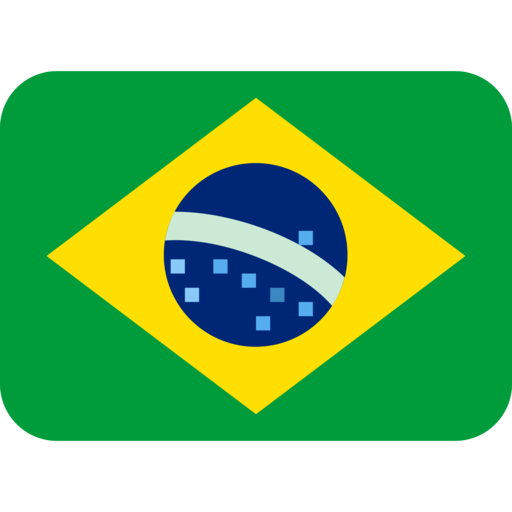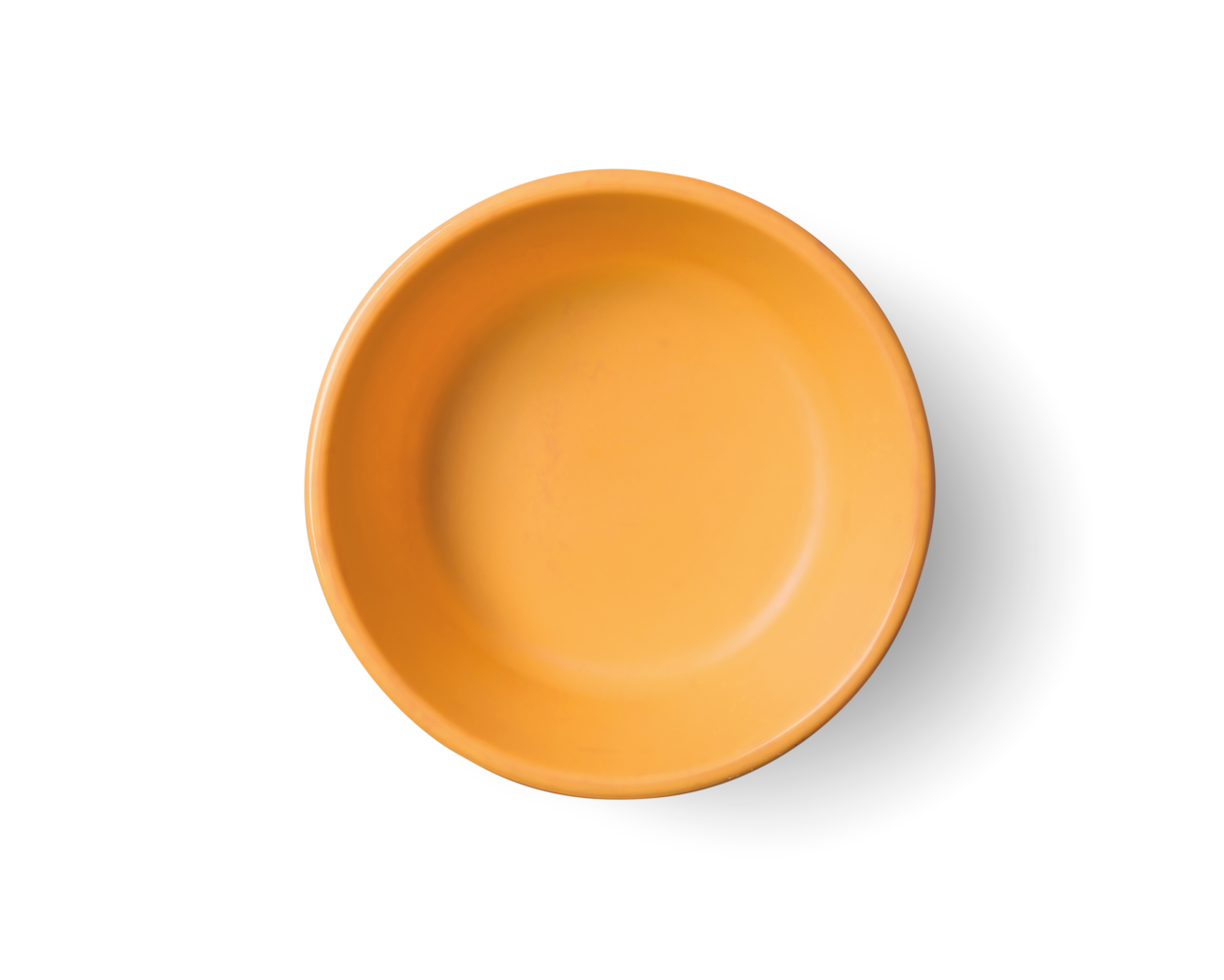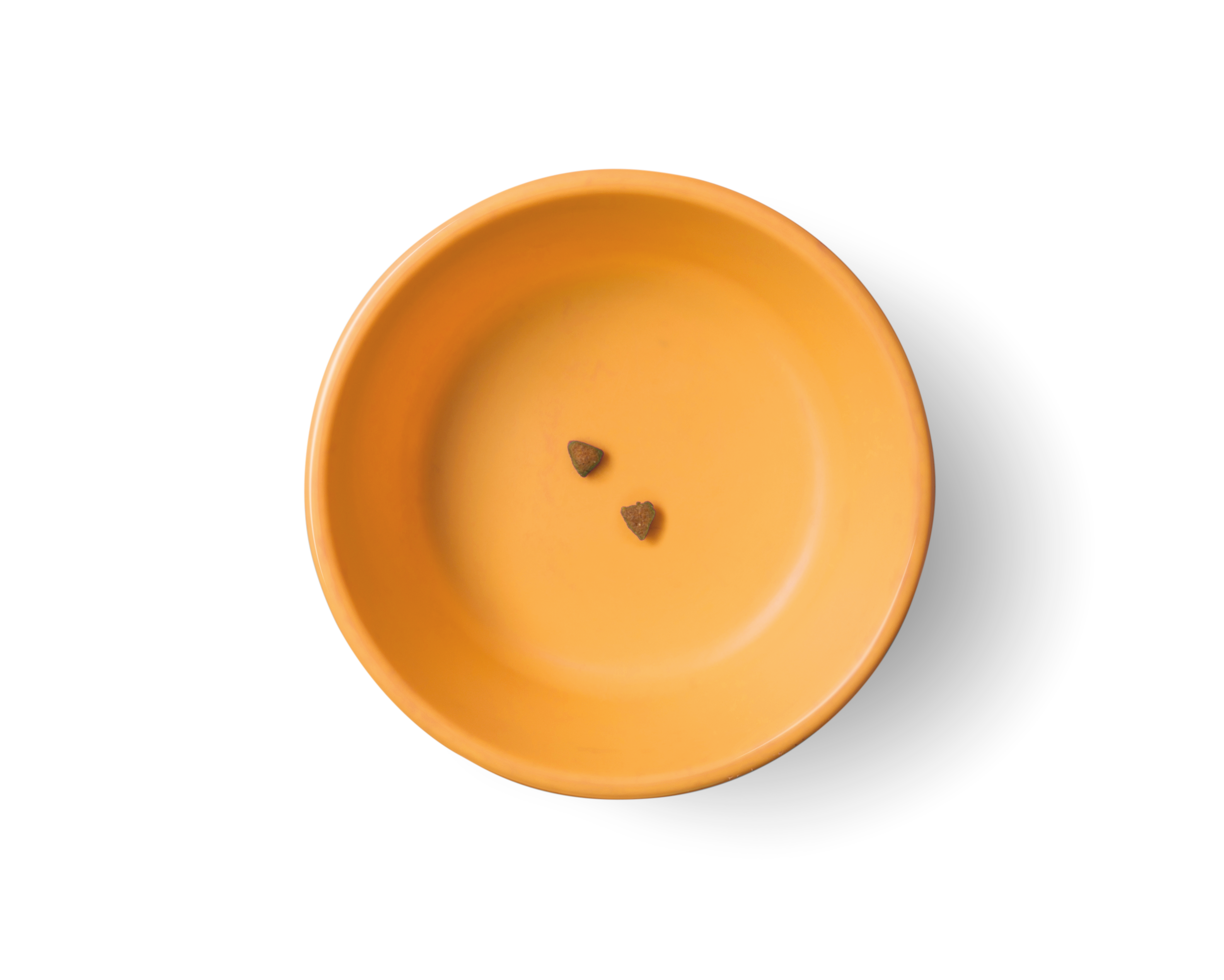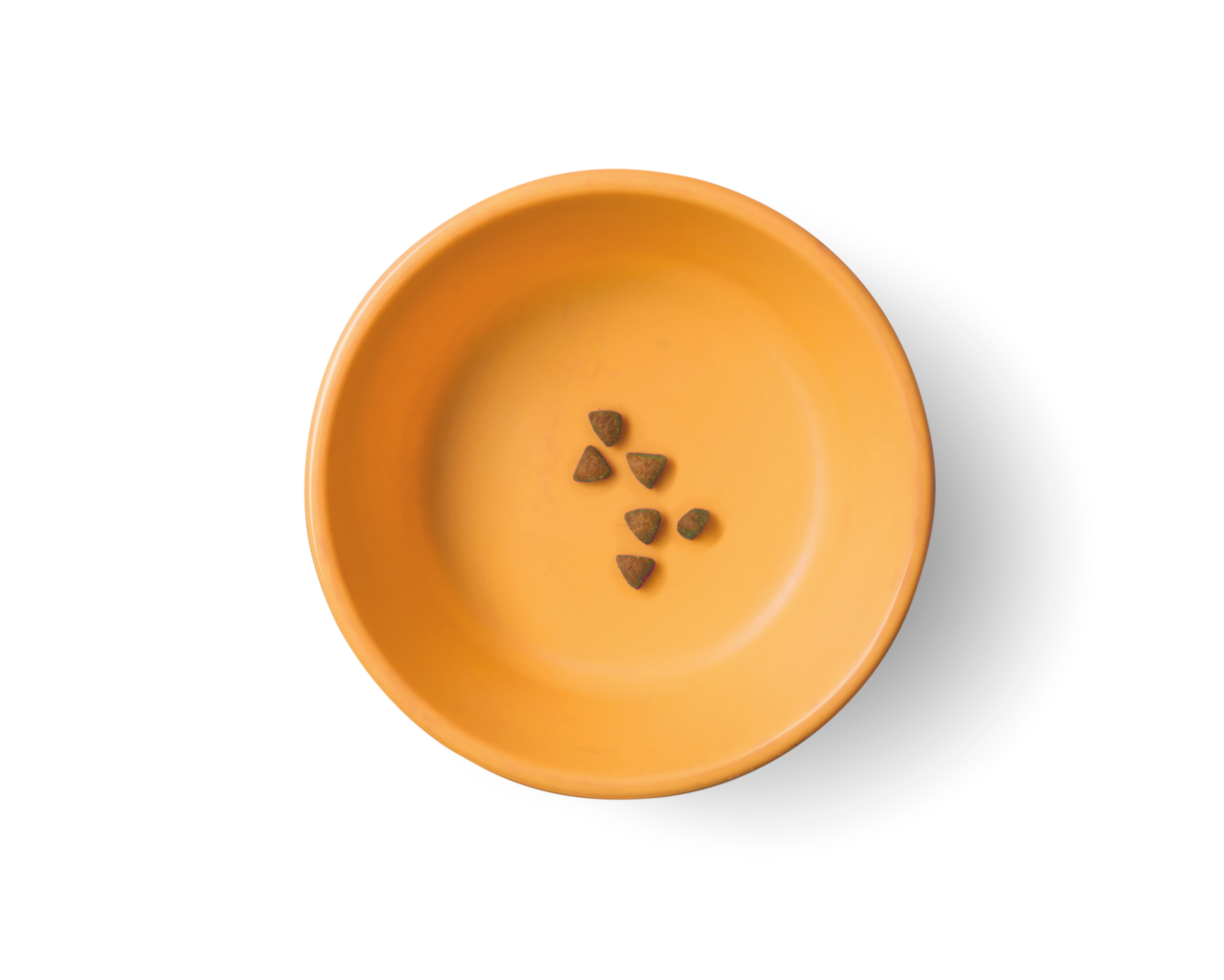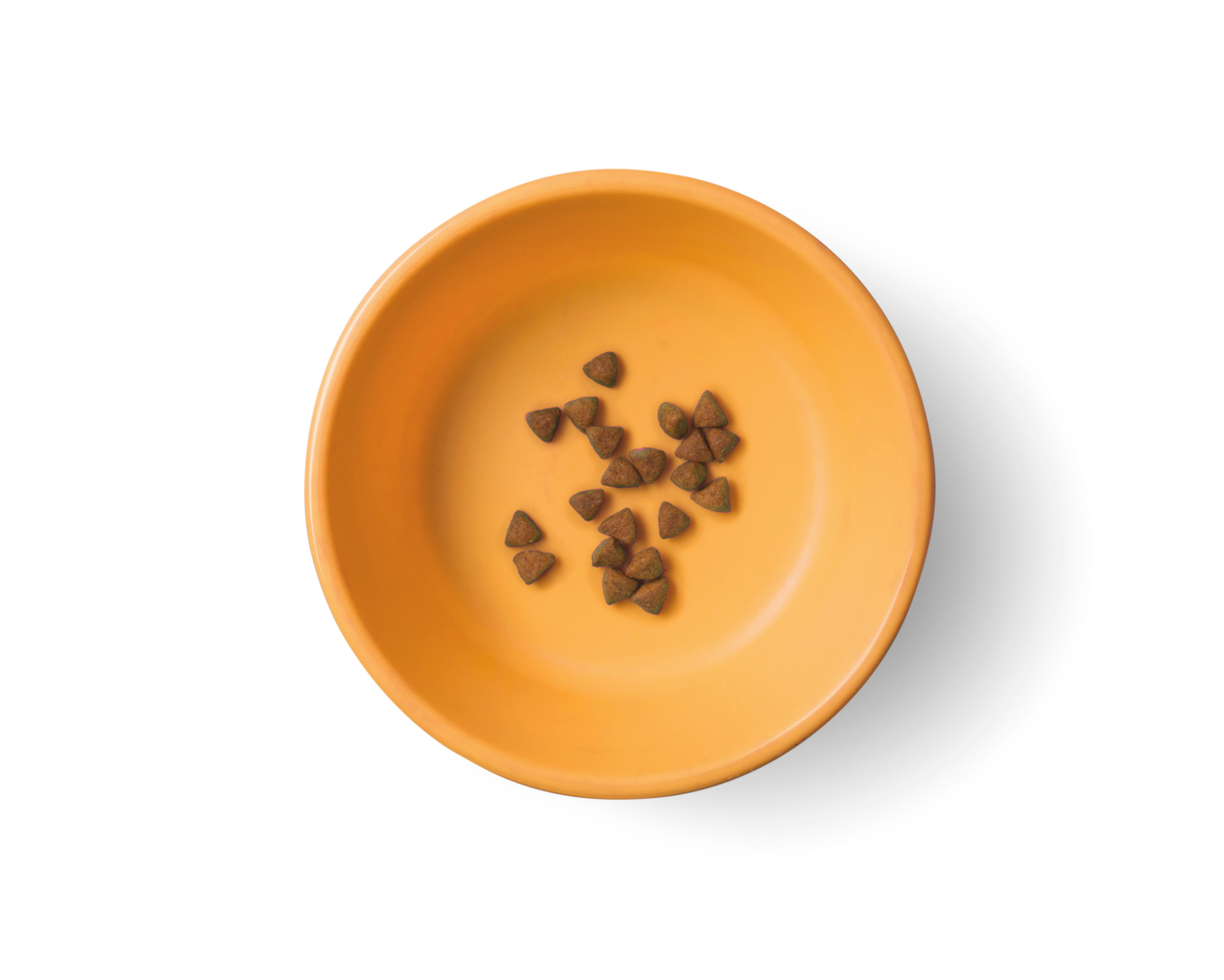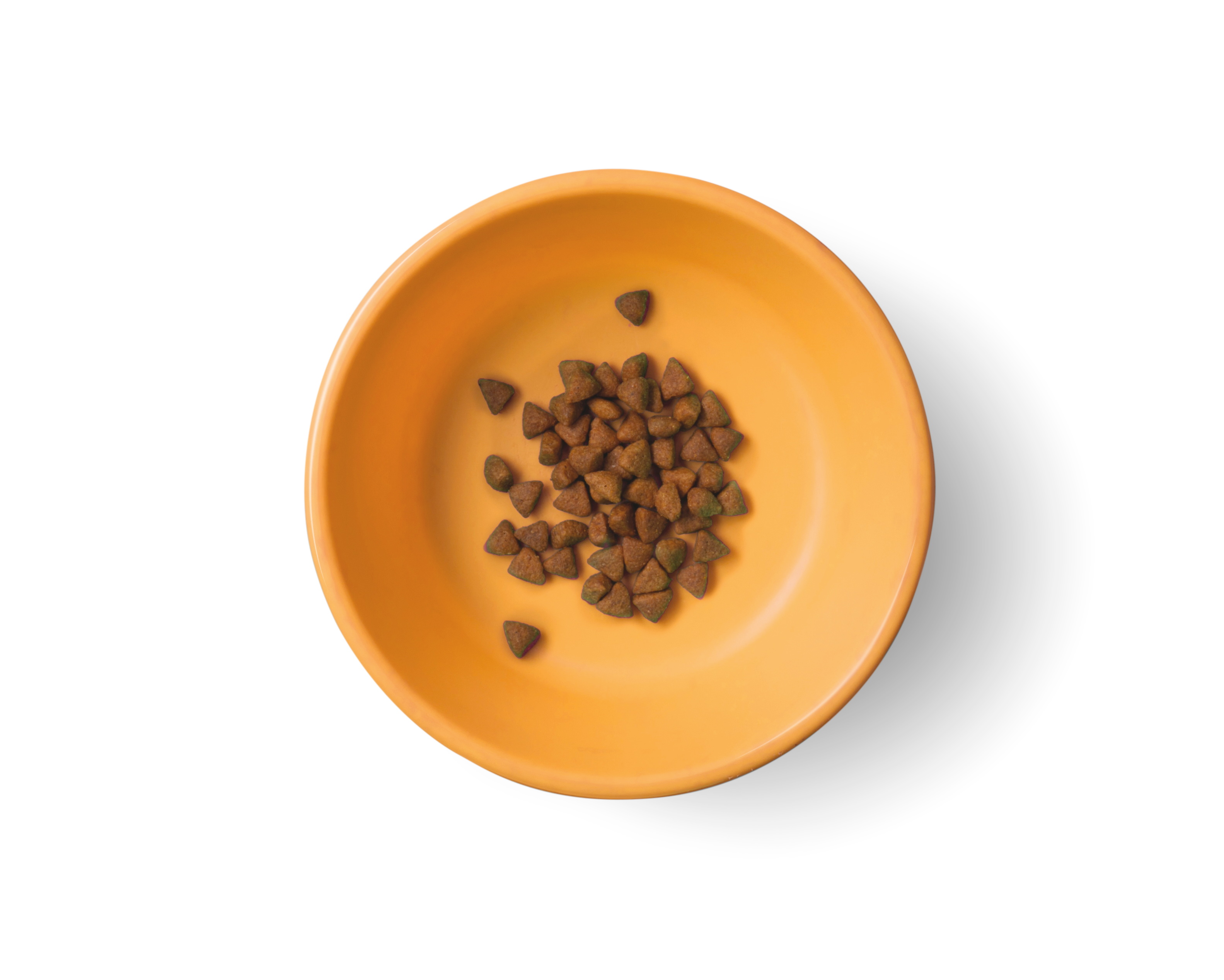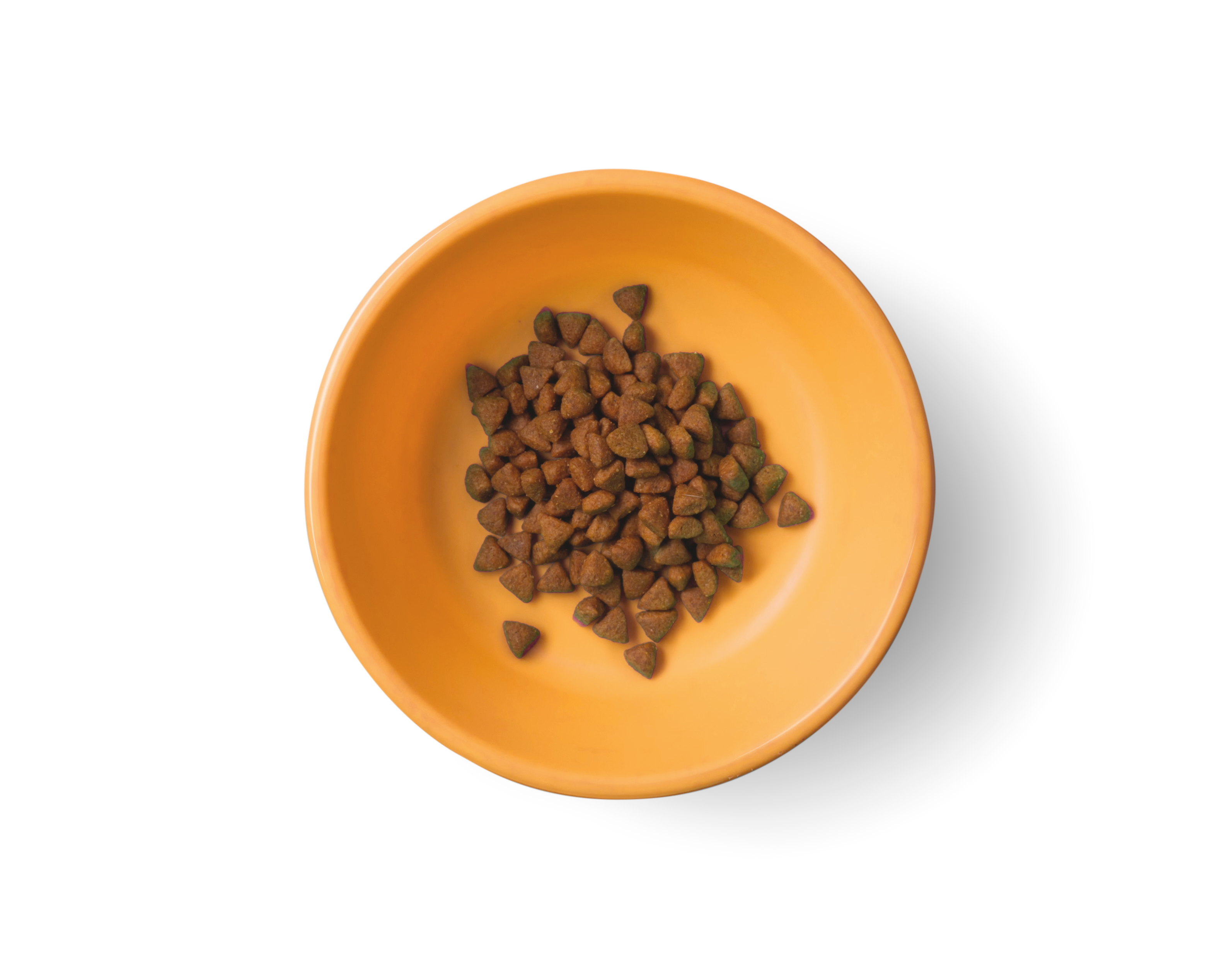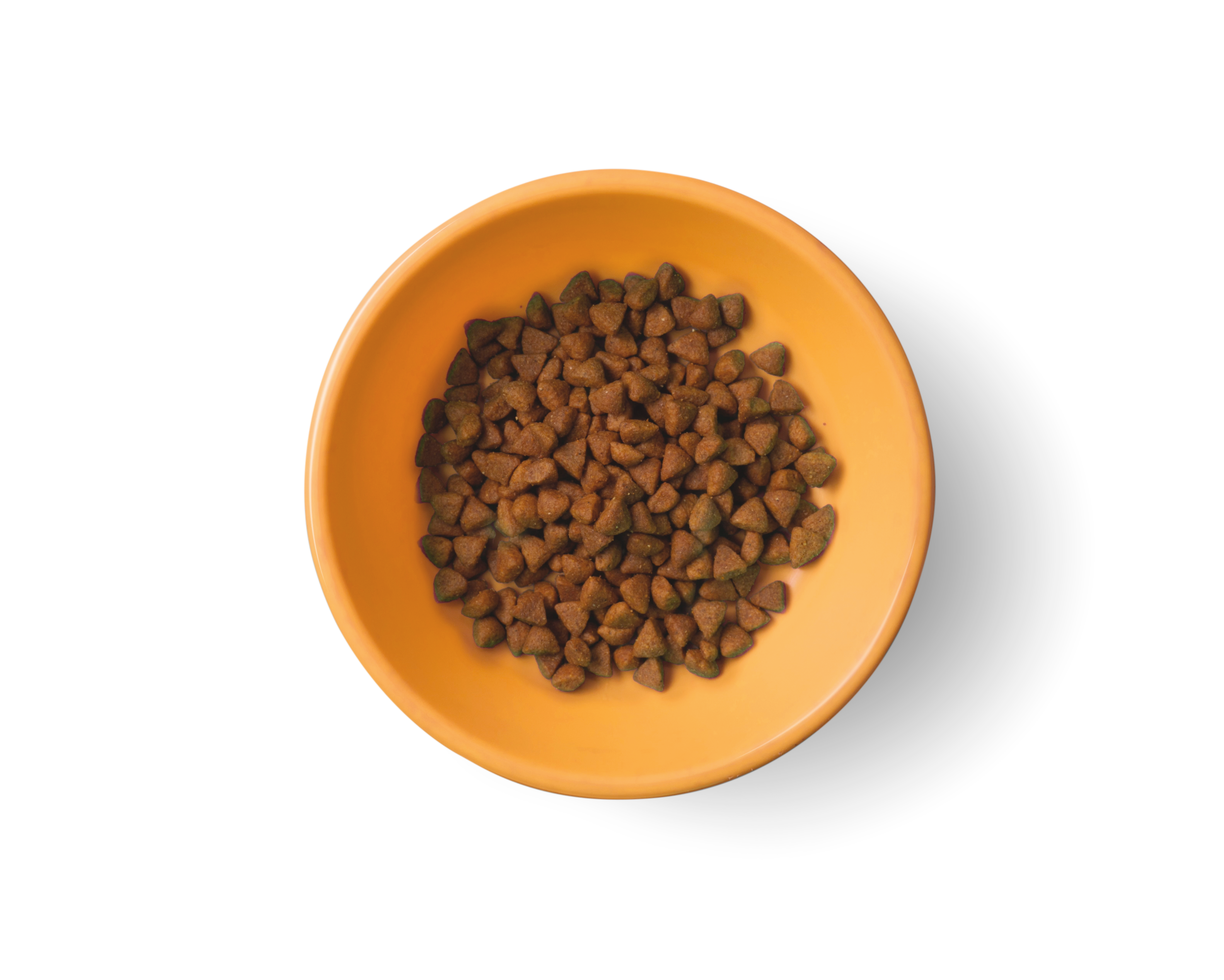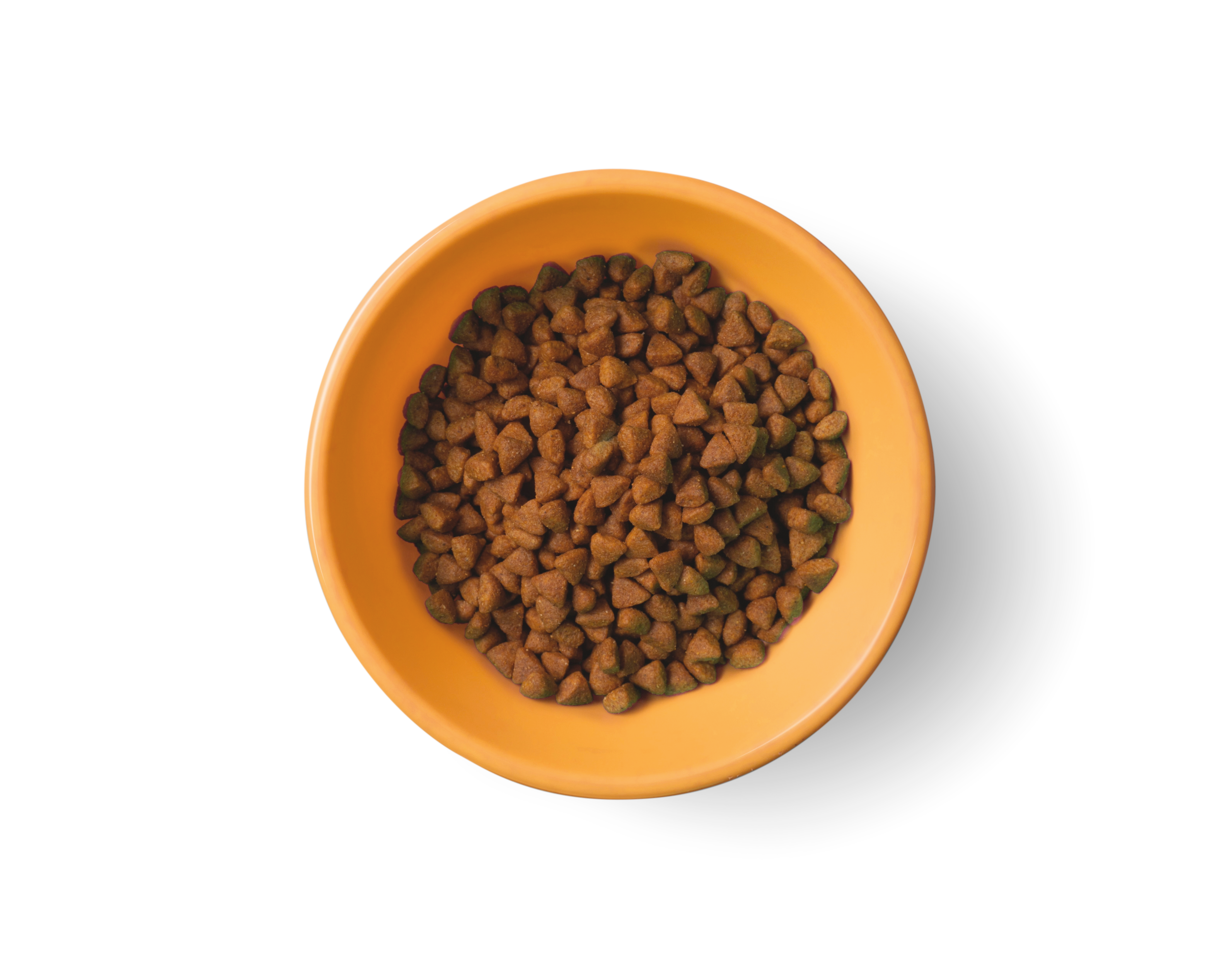
Frequently Asked Questions (FAQ)
Questions we often receive and may be useful to you.
-
What is the right amount of food to give your pet?
The average amount of food your pet should eat daily is calculated considering the food’s formula as well as the pet’s energy level and physiological condition. Consulting a veterinarian is essential in determining the proper portion for your pet. Alternatively, you can use the calculator on Nutrire’s website, available at this link: https://www.nutrire.ind.br/simulador. IMPORTANT: the information is also available in the Daily Feeding Guide on each package.
-
How do I know when to change my dog’s food based on its age?
Nutritional needs change based on a pet’s age. During the first 12 months of life, it is important to choose puppy-specific food. After this, dogs become adults, so pet food for adult dogs is recommended. When dogs are 5 years old (for large and giant breeds) or 7 years old (for small and medium breeds), senior-specific food is recommended.
For additional information regarding your pet’s diet, always seek advice from your trusted vet. Do not hesitate to reach out to us if you have any questions!
* This information is also available in the Daily Feeding Guide on each package.
-
Can cats eat dog food and vice versa?
The answer is no! Although both cats and dogs require similar time and care for their health and wellbeing, their nutritional needs are entirely different due to distinct dietary habits.
That is why Nutrire produces special food lines for dogs and cats.
For additional information regarding your pet’s diet, always seek advice from your trusted vet. Do not hesitate to reach out to us if you have any questions!
-
Is it okay to add water to dry pet food?
Yes, it is perfectly fine to moisten dry pet food with water. However, the best choice may depend on your pet’s individual needs and the guidance provided by your veterinarian. Generally, food is moistened to make it easier for puppies to chew it.
For additional information regarding your pet’s diet, always seek advice from your trusted vet. Do not hesitate to reach out to us if you have any questions!
IMPORTANT: Moistened food should be discarded after the meal to prevent accelerated fermentation caused by its exposure to the environment.
-
What is the difference between food lines for non-sterilized adult cats and sterilized cats?
Sterilization can trigger physiological changes affecting metabolism and activity levels. Food lines for sterilized cats contain functional ingredients that support weight control, gastrointestinal motility, cognition, and immunity. If you have more questions, consult a veterinarian to assess the physiological and metabolic conditions of your cat.
-
How can I access Nutrire's Customer Service (SAC) policy?
You can check our Customer Service policy by accessing the link below:
https://drive.google.com/file/d/1LS_4S4wpFyGtY-7kcTygX2t1lyfonF8b/view?usp=sharing
